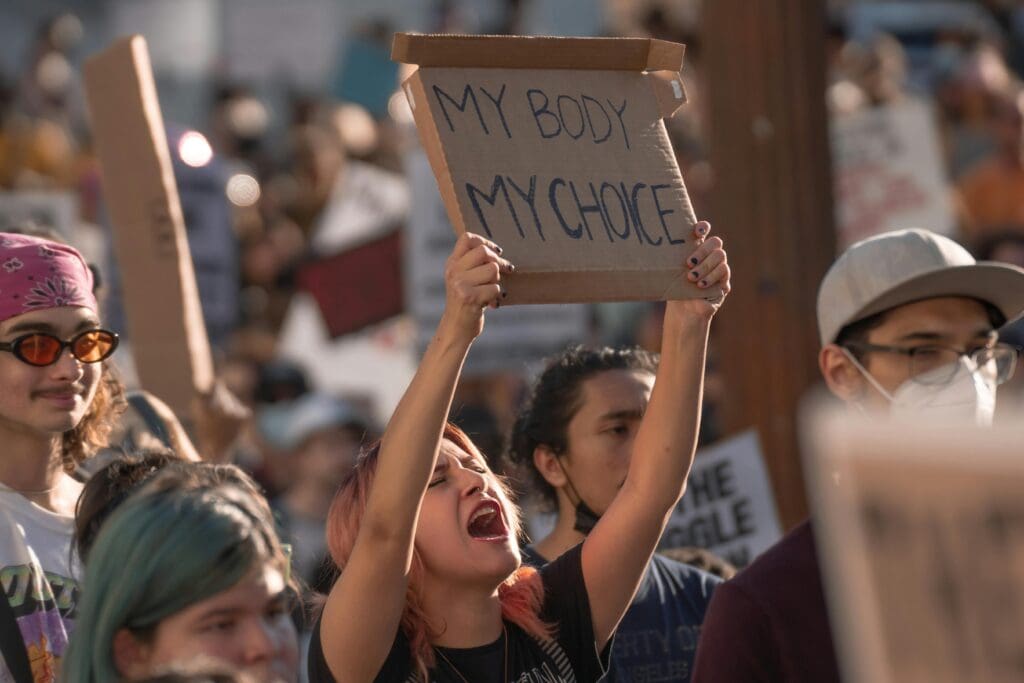In response to Donald Trump’s re-election, healthcare providers report an intensified demand for abortion pills, hormone therapies, and emergency contraceptives. Concerns about future access to reproductive and gender-affirming healthcare have driven many individuals to seek out these medications as they brace for possible restrictions under the new administration.
Women Are Stockpiling Contraception Following Election
Telehealth services are especially seeing notable spikes. Aid Access, a leading abortion pill provider, received over 5,000 requests within 12 hours after the election results—a volume that surpasses even the increased demand following the end of Roe v. Wade. Plan C, a tool that helps users find abortion pills, experienced a 625% increase in traffic, with co-founder Elisa Wells describing the trend as driven by fears of a “reproductive apocalypse.”
Demand for emergency contraception also surged. Wisp, a telehealth platform, reported tripling its usual daily sales of emergency contraceptives by Wednesday morning, with bulk orders climbing from 30% to 90% of purchases. Meanwhile, Winx, another women’s health service, saw a sixfold increase in weekly Plan B sales by mid-week. Hey Jane, which offers birth control, also reported a doubling in demand, highlighting broad concerns about future contraceptive access. On TikTok, many users have posted videos showing Plan B sold out in stores, with others sharing that they are stocking up on the product in anticipation of potential restrictions.
Beyond Contraceptives: Hormone Therapy Requests Skyrocket
These anxieties are not limited to reproductive healthcare. Dr. Crystal Beal, founder of QueerDoc, a provider of hormone therapy for transgender individuals, shared that more patients are inquiring about ways to secure estrogen, testosterone, and hormone blockers. Many are also asking about protecting access through legal document changes. QueerDoc has advised patients to responsibly stockpile hormone treatments and, where possible, conserve testosterone by reusing single-use vials.
Although Trump has stated he would veto a national abortion ban, he took credit for the Supreme Court’s overturning of Roe v. Wade. Therefore, left abortion regulation to the states. With a Republican-controlled Congress, some fear national restrictions could still advance, and advocates worry about further legal actions impacting access to medications like mifepristone and hospital-based emergency abortion care.
In the face of these uncertainties, healthcare providers continue advising patients on how to prepare, encouraging them to take proactive steps in safeguarding their reproductive and gender-affirming health options.
The New Jersey Digest is a new jersey magazine that has chronicled daily life in the Garden State for over 10 years.


